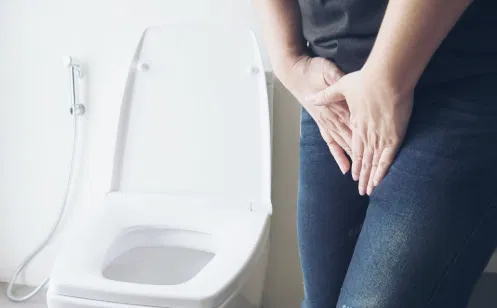Urination is the body’s natural process for eliminating toxins and maintaining fluid balance. Yet, if you notice yourself going to the bathroom too frequently, it could be a sign that something isn’t working properly. Medically, polyuria is when a person urinates more than 2.5 liters per day. Though in many cases it can be because of harmless factors, it could also be related to health problems that require attention.
Common Causes of Excessive Urinating

Excessive Fluid Consumption
Drinking large amounts of water or diuretic beverages such as tea, coffee, or alcohol can cause the kidneys to produce more urine.
Diabetes
Uncontrolled diabetes, especially type 2 diabetes, can cause frequent urination due to high blood glucose levels, which causes the body to try to eliminate excess sugar through urine.
Urinary Tract Infections
Urinary tract infections (UTIs) can irritate the bladder and lead to a frequent need to urinate, accompanied by burning or pain.
Taking Diuretic Medications
Certain medications, especially those used to treat high blood pressure, have a diuretic effect and increase urine production.
Prostate Problems
In men, a swollen or enlarged prostate can put pressure on the bladder and cause a constant need to urinate.
Anxiety and Stress
Anxiety can lead to increased urine production due to nervous system activation.
Kidney Diseases
If the kidneys don’t function properly, they may not regulate fluids in the body properly, resulting in increased urination frequency.
When to See a Doctor?

If you notice excessive urination for no apparent reason and experience other symptoms such as extreme thirst, fatigue, pain, weight loss, or changes in urine color and odor, it’s important to see a doctor. An early diagnosis can help detect and treat any underlying problems.
Conclusion
While frequent urination may be normal in certain situations, it’s critical to pay attention to changes in your body. If excessive urination persists, identifying the cause and receiving appropriate treatment can prevent more serious health problems.





